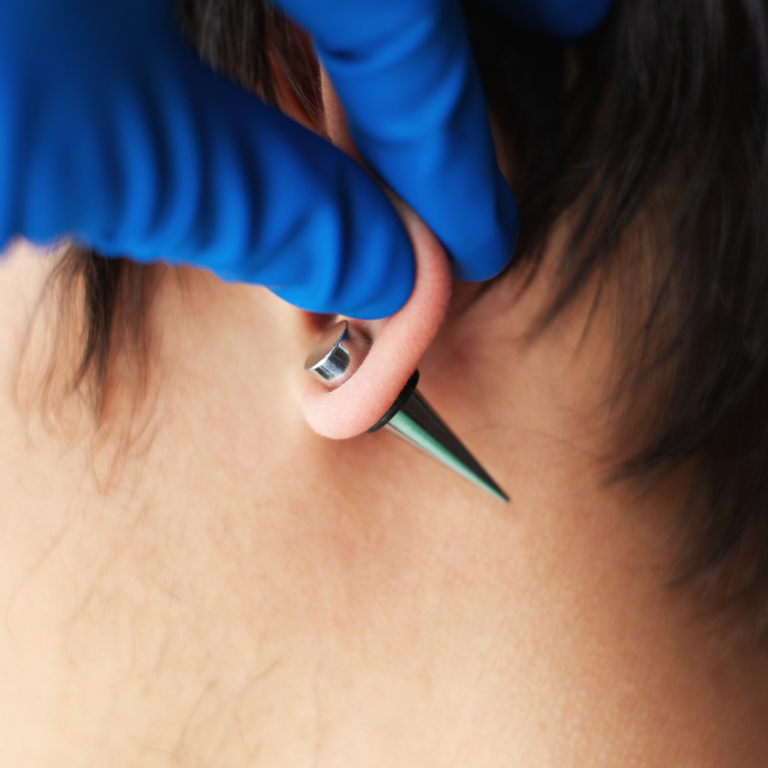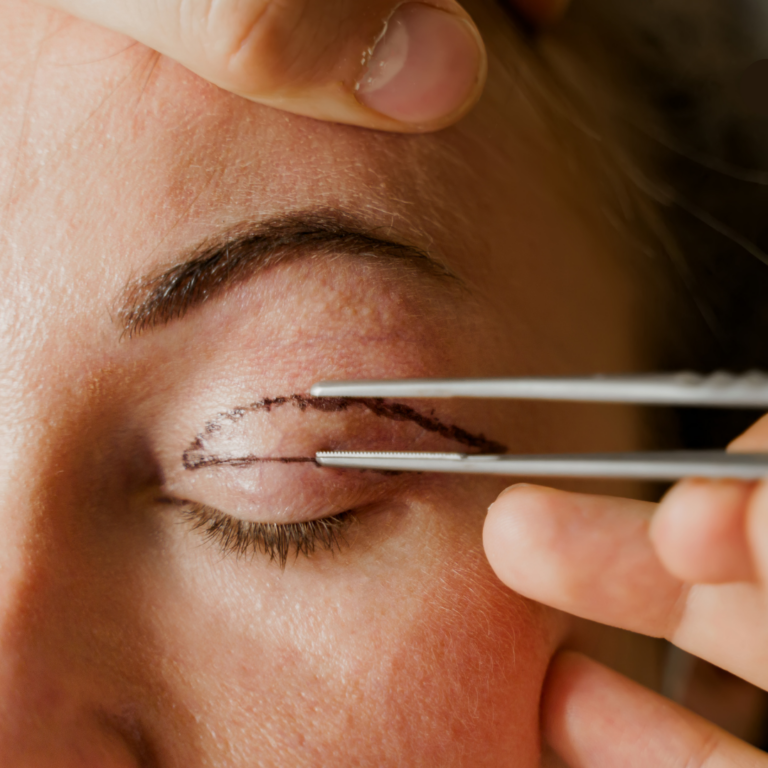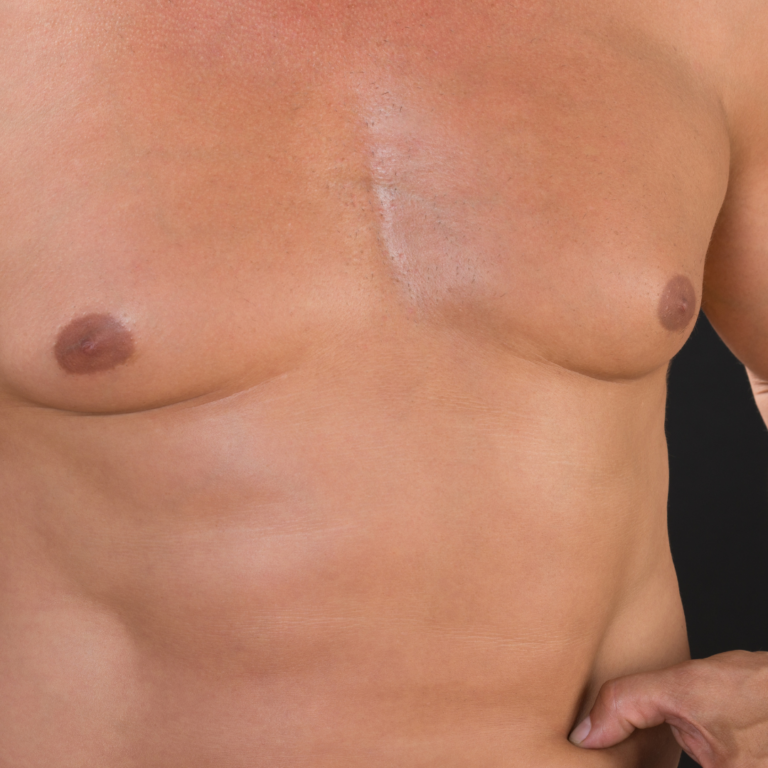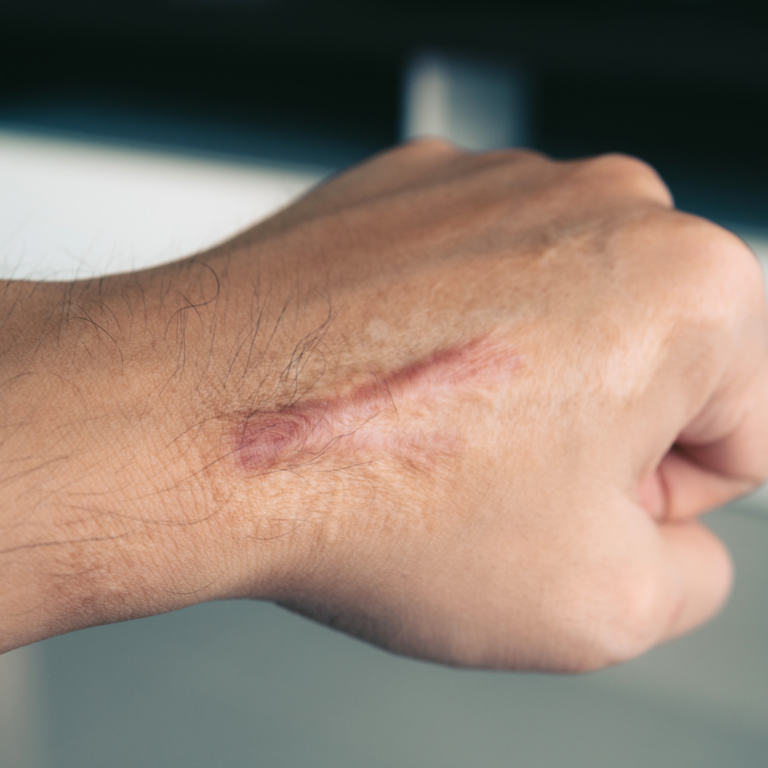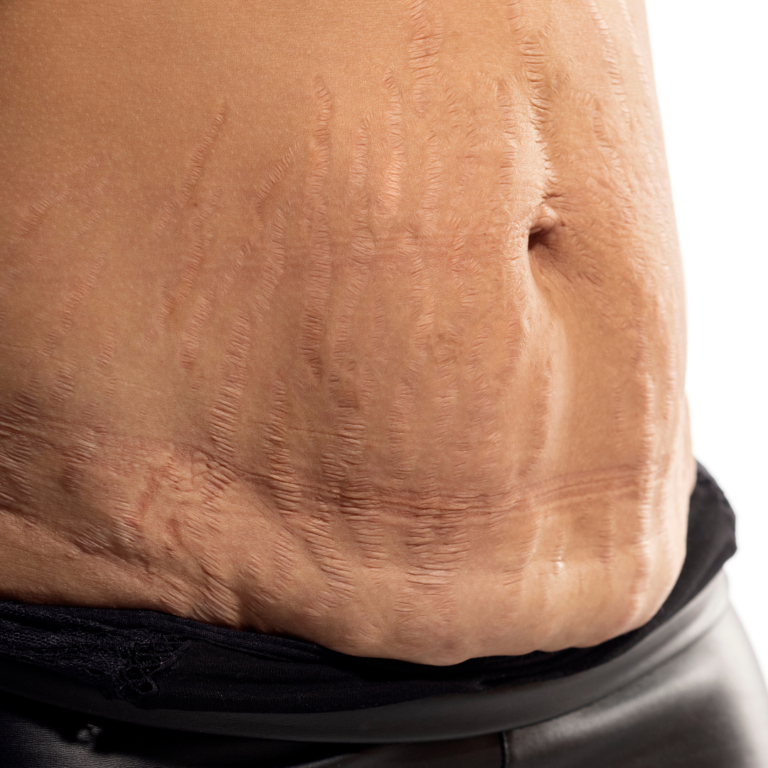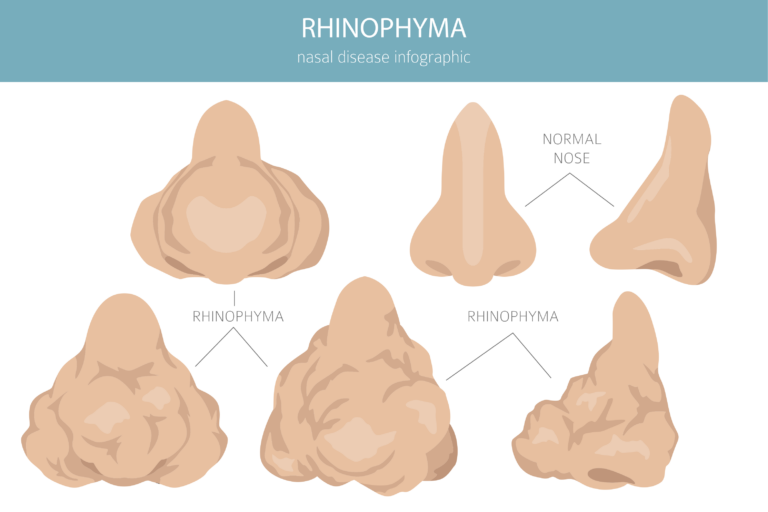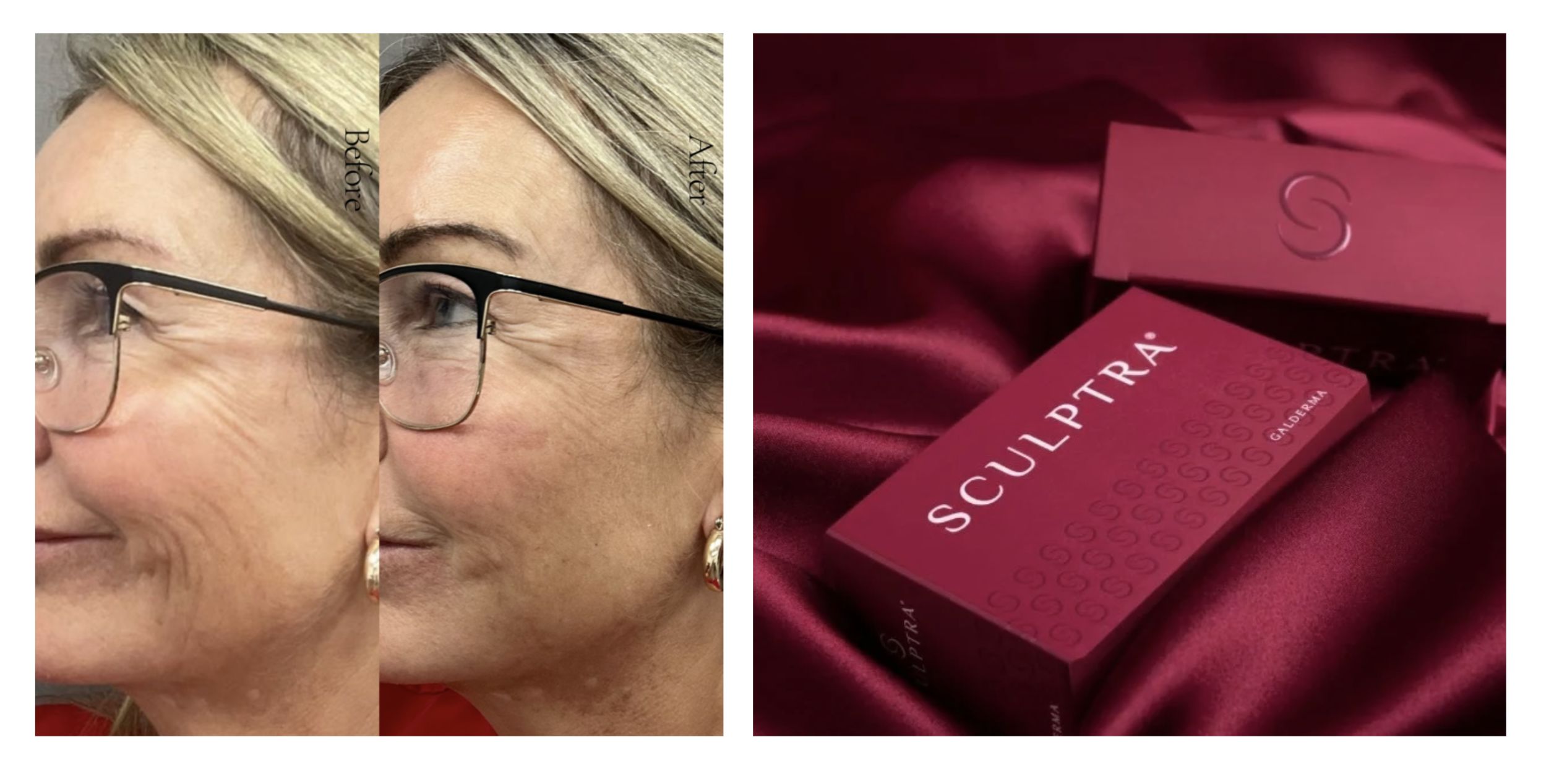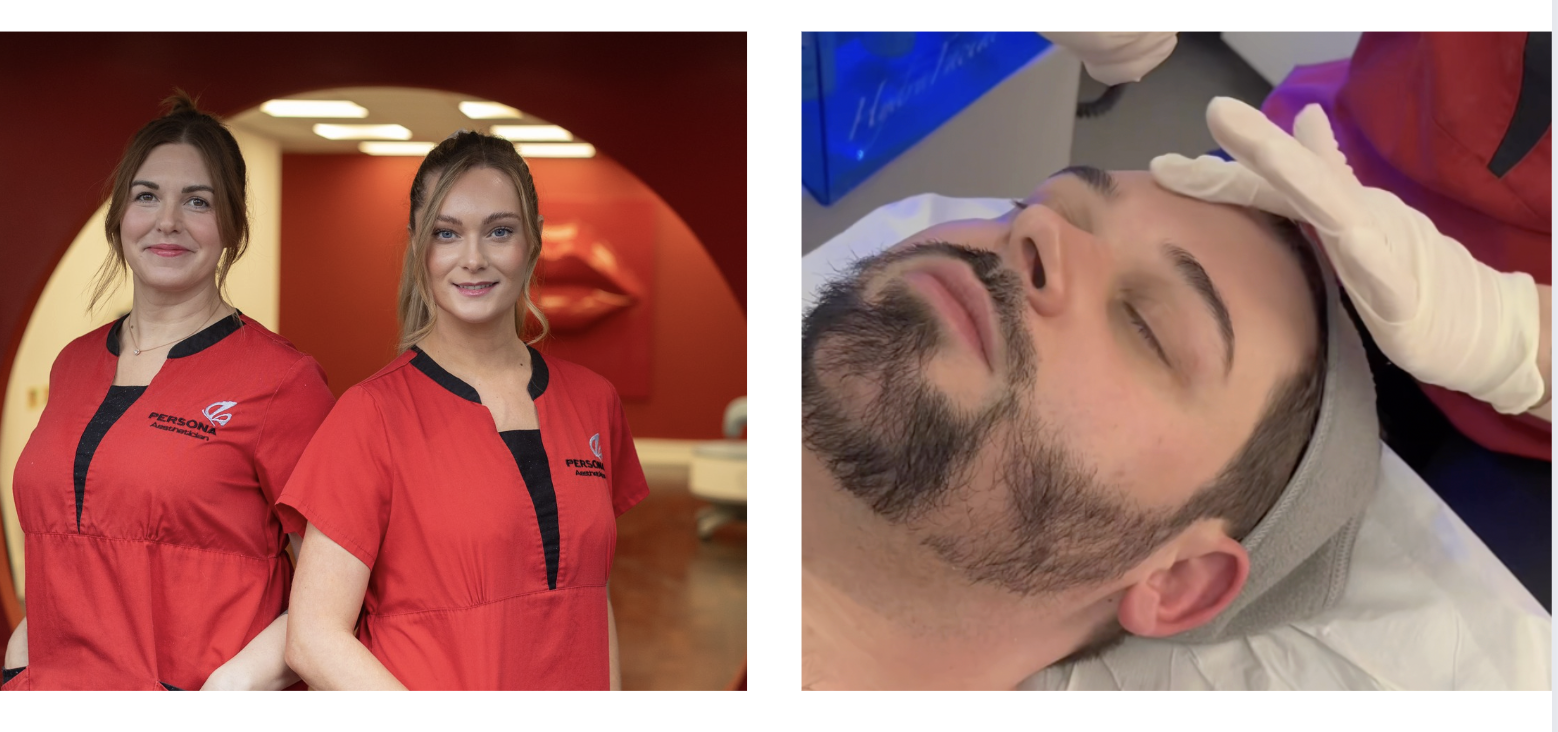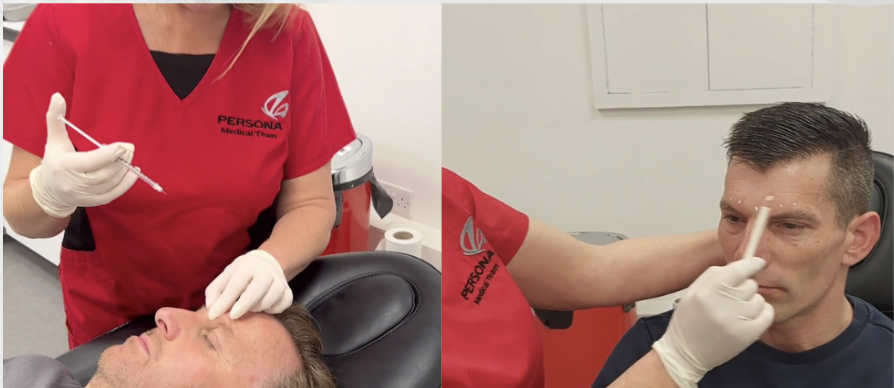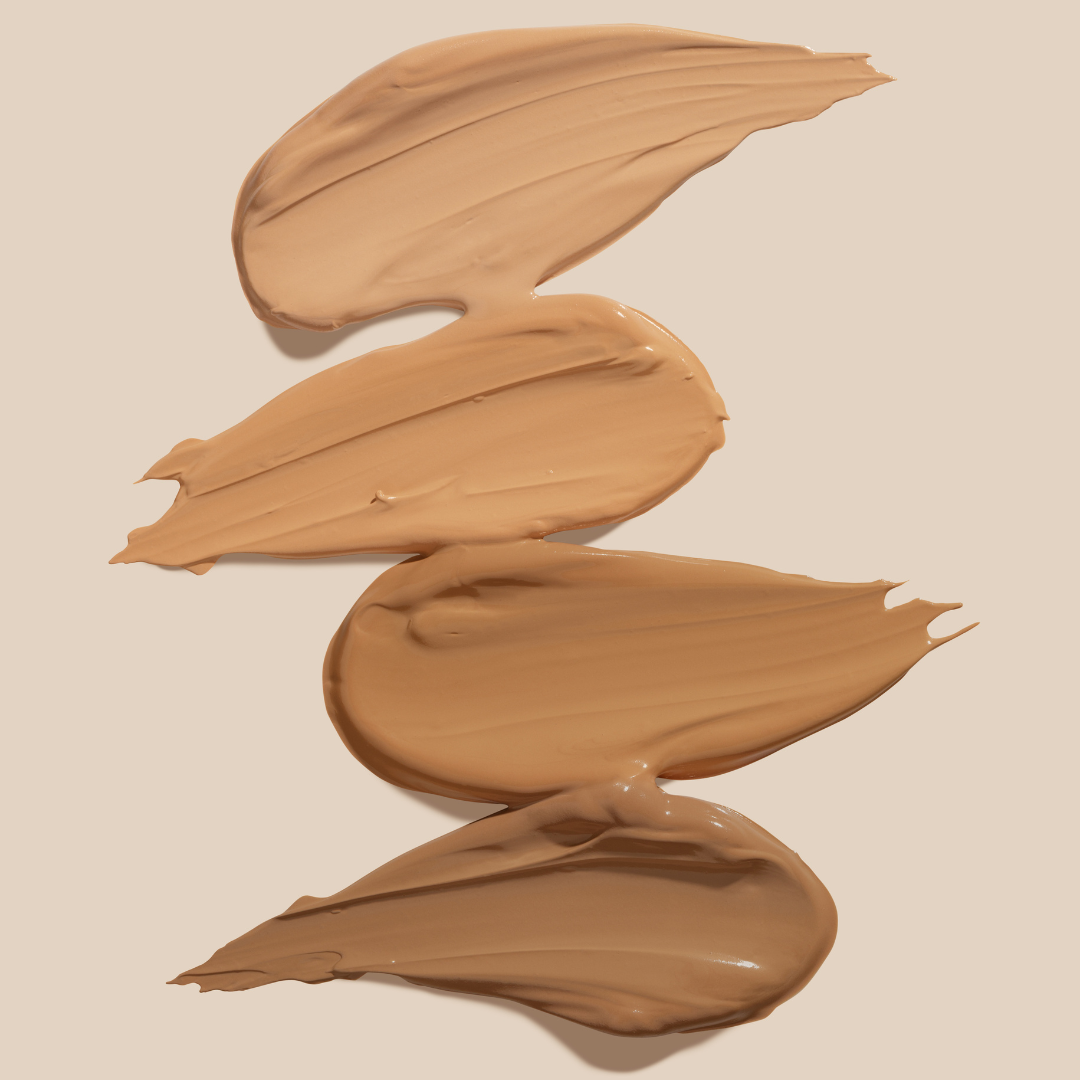Cosmetic Surgery
Basal Cell Carcinoma treatment in Bexleyheath
Price On Consultation
Basal Cell Carcinoma (BCC) is the most common type of skin cancer, making up over 80% of cases in the UK. It is a non-melanoma skin cancer that develops from basal cells in the lowest layer of the epidermis.
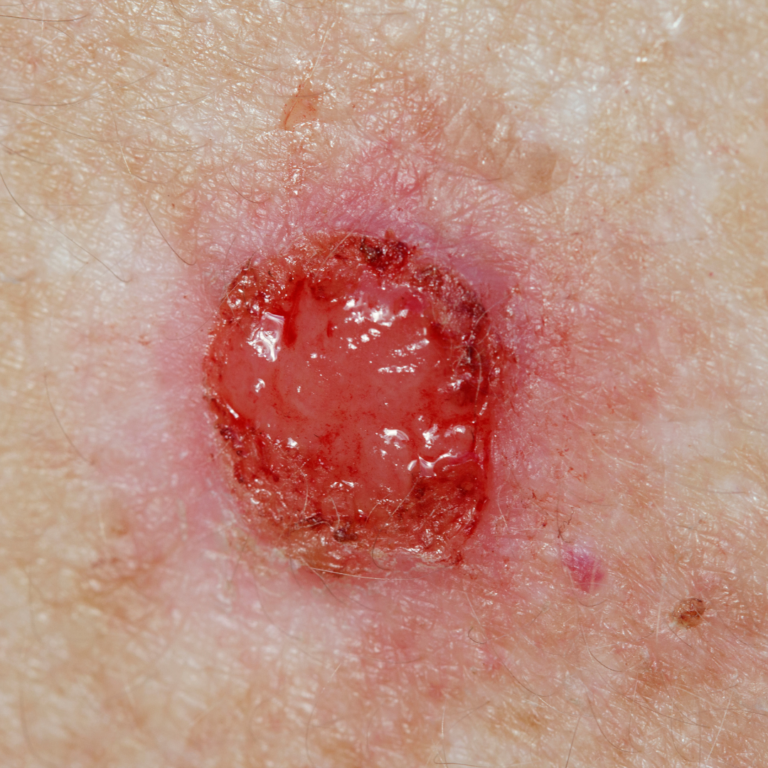
What is Basal Cell Carcinoma?
Basal Cell Carcinoma is the most common form of skin cancer. It typically develops in areas exposed to the sun; such as the face, neck, ears and hands. This type of skin cancer arises from the basal cells, which sit in the lowest layer of the epidermis. While BCC rarely spreads to other parts of the body, it can grow deeper over time and damage surrounding tissues.
Early signs may include:
- A shiny/pearly bump
- A flat pink/red patch
- A sore that won’t heal or keeps returning.
Because BCC grows slowly, early detection offers the best chance of full recovery. Regular skin checks help identify any suspicious spots before they become a problem
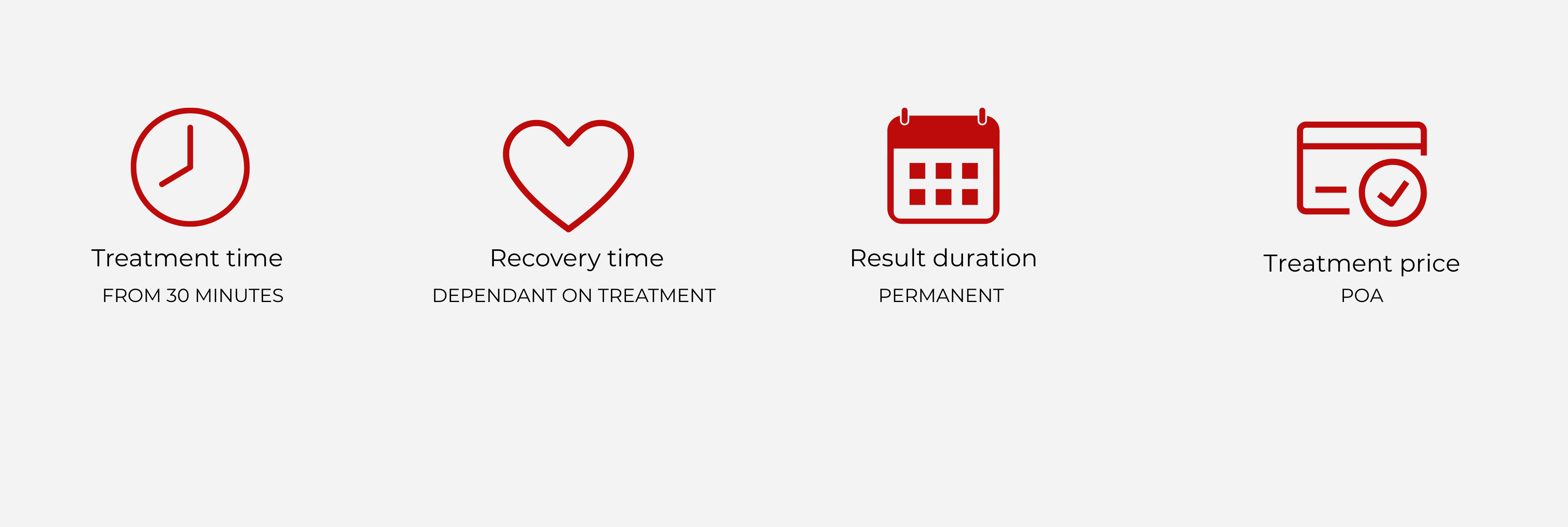
Client Results
How does the treatment work?
Surgical excision is a common and effective treatment for basal cell carcinoma (BCC), especially for small, well-defined tumors in low-risk areas like the trunk, arms, or legs. Before the procedure, patients have a consultation to discuss the surgical plan, lesion size, location, and any necessary instructions, including pausing certain medications to reduce bleeding risk.
The procedure starts with a local anesthetic to numb the area, which may cause brief stinging but lasts several hours.
What to expect after treatment:
Healing well after treatment is just as important as the procedure itself. Following Dr Braham’s aftercare instructions helps prevent infection and reduces the risk of scarring or recurrence. Here are some things to keep in mind:
- Protect the treated area – Keep it clean and covered if needed. Avoid touching or scratching to prevent irritation.
- Follow wound care instructions – Use any prescribed ointments, and change dressings as directed.
- Minimise sun exposure – Apply broad spectrum SPF daily, and wear protective clothing to guard against UV rays.
- Watch for new changes – Perform regular self exams and report any unusual skin changes immediately.
- Attend follow ups – If Dr Braham requests a follow up appointment, it is crucial to attend
When to expect results:
Recovery from basal cell carcinoma (BCC) removal surgery is generally smooth, with mild swelling, bruising, and tenderness common for a few days. Pain is usually mild and manageable with over-the-counter pain relief like paracetamol.
The wound typically heals within 1 to 2 weeks, depending on size and location; non-dissolvable stitches are removed after 7 to 14 days, while dissolvable stitches break down naturally.
A scar will form and may appear red or raised initially but usually fades over 18 to 24 months. Keeping the area moisturised, avoiding sun exposure, and using silicone gels or scar-reducing products can improve scar appearance.

Why choose Dr Braham & Persona Medical Aesthetics:
Dr Braham has performed a considerable number of earlobe repair and reconstruction procedures. His commitment in providing the highest standard of care and an optimal scarless results led him to become popular for this type of procedure.
Persona Medical Aesthetics Minor & Cosmetic Surgery Clinic are regulated by the Care Quality Commission, which is a legal requirement to perform minor & cosmetic skin surgery. This ensures that you are in safe, experienced hands throughout the entire process.
FAQ’s
-
What is Basal Cell Carcinoma?
Basal Cell Carcinoma is the most common type of skin cancer, usually caused by prolonged sun exposure. It typically appears as a small, pearly bump or sore that may bleed, crust, or fail to heal. BCC is usually slow-growing and rarely spreads, but early detection is crucial for effective treatment.
-
How is Basal Cell Carcinoma treated?
Treatment depends on the size, location, and type of BCC. Options include surgical excision, curettage, or other medically approved removal techniques to completely remove the lesion while minimising scarring and preserving healthy skin.
-
Is treatment safe and what is the recovery like?
Yes. BCC treatments are clinically safe and highly effective when performed by qualified medical professionals. Recovery may include mild redness, swelling, or scarring, which usually improves over time. Regular follow-up and sun protection are important to prevent recurrence.
Our Clinic
Dr Lisa Delamaine welcomes you to Persona Medical Aesthetics, Minor Skin & Cosmetic Surgery Clinic.

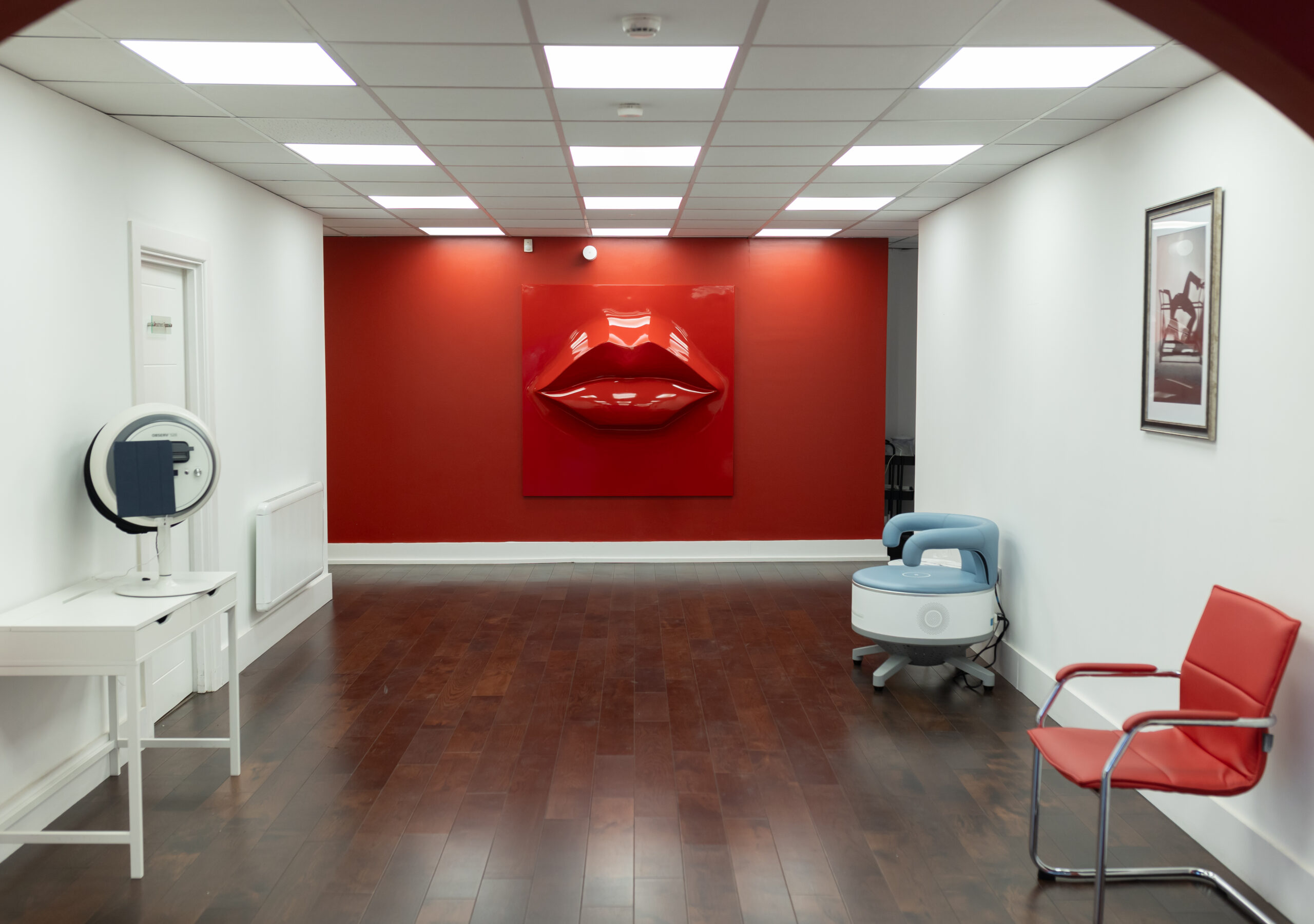

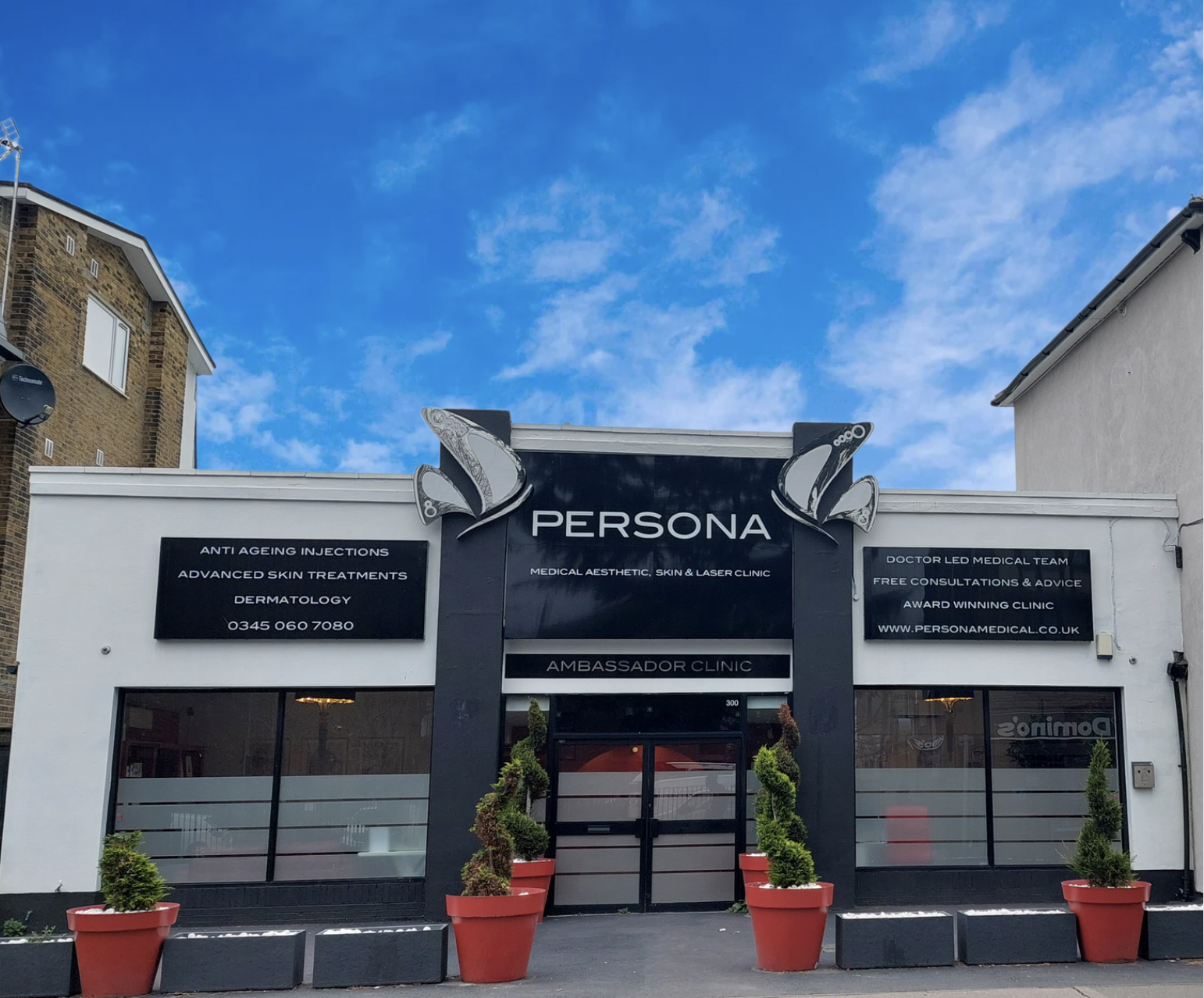
Bexleyheath Clinic
300 Broadway, Bexleyheath DA6 8AH
| Monday | 10am – 6pm |
| Tuesday | 10am – 6pm |
| Wednesday | 10am – 6pm |
| Thursday | 10am – 8pm |
| Friday | 10am – 6pm |
| Saturday | 10am – 5pm |
| Sunday | Closed |




